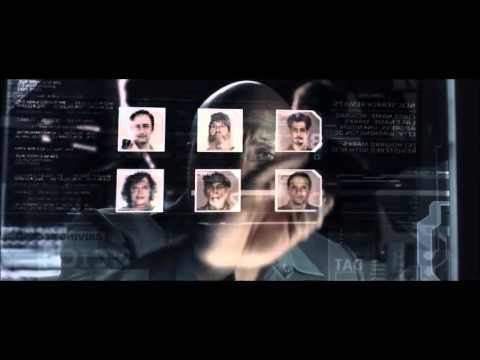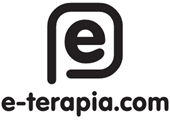
**Title of the project:**
"Interdisciplinary Connections: Spatial Thinking, Futuristic Interfaces and the Art of Projective Memory"
**Project summary:**
This research project focuses on exploring the relationships between spatial thinking proposed by Barbara Tversky, the concept of futuristic interface presented by John Underkoffler and the updating of the art of memory that uses mental projections, the surrounding spatial environment and gestures as tools for storage and retrieval of information.
The main objective is to analyze how these three interdisciplinary areas are interrelated and can influence each other to enhance human cognition and the development of more intuitive and enriching interfaces.
**Project Objectives:**
1. Explore the theories and findings of spatial thinking proposed by Barbara Tversky and its relationship with the perception, storage and retrieval of information.
2. Investigate innovations in the design of futuristic technological interfaces, specifically those introduced by John Underkoffler, and their potential to amplify human-computer interaction.
3. Update the art of memory, exploring its adaptation to a modern context that includes the use of mental projections, visualization in the surrounding space and the integration of gestures as tools for memorization and data retrieval.
4. Establish practical and theoretical connections between spatial thinking, futuristic interfaces and updated techniques of the art of memory, identifying points of convergence and potential synergies.
**Methodology:**
- Comprehensive analysis of Barbara Tversky's studies on spatial thinking and its impact on human cognition.
- Detailed investigation of the futuristic interfaces proposed by John Underkoffler, exploring their foundations and applications.
- Research and experimental development of the updated art of memory, using mental projection techniques, gestural interaction and spatial visualization.
- Practical experimentation to evaluate the effectiveness and applicability of the integration between spatial thinking, futuristic interfaces and updated memory art techniques.
**Expected Impact:**
This project is expected to provide a deeper understanding on how spatial thinking, futuristic interfaces and updated memory art techniques can be amalgamated to enhance human cognition and interaction with technology.
The results could influence the design of more intuitive interfaces and the development of innovative methods to improve memory and creative thinking.
**Ethical Considerations:**
Ethical compliance will be guaranteed at all stages of the research, respecting the privacy, informed consent and confidentiality of the participants.
All applicable ethical and legal regulations in scientific research and data handling will be followed.
Jorge Orrego Bravo, 2024



